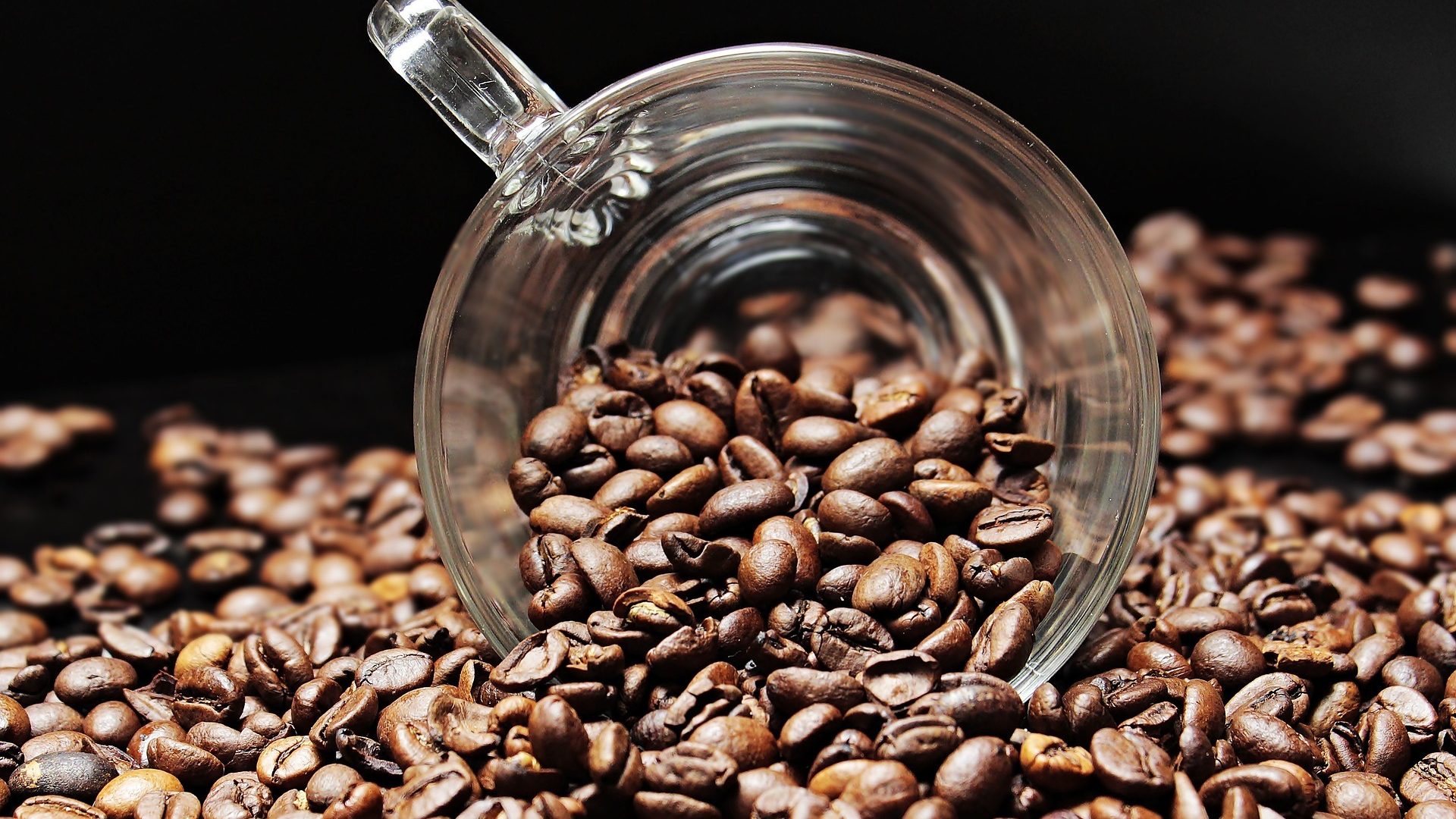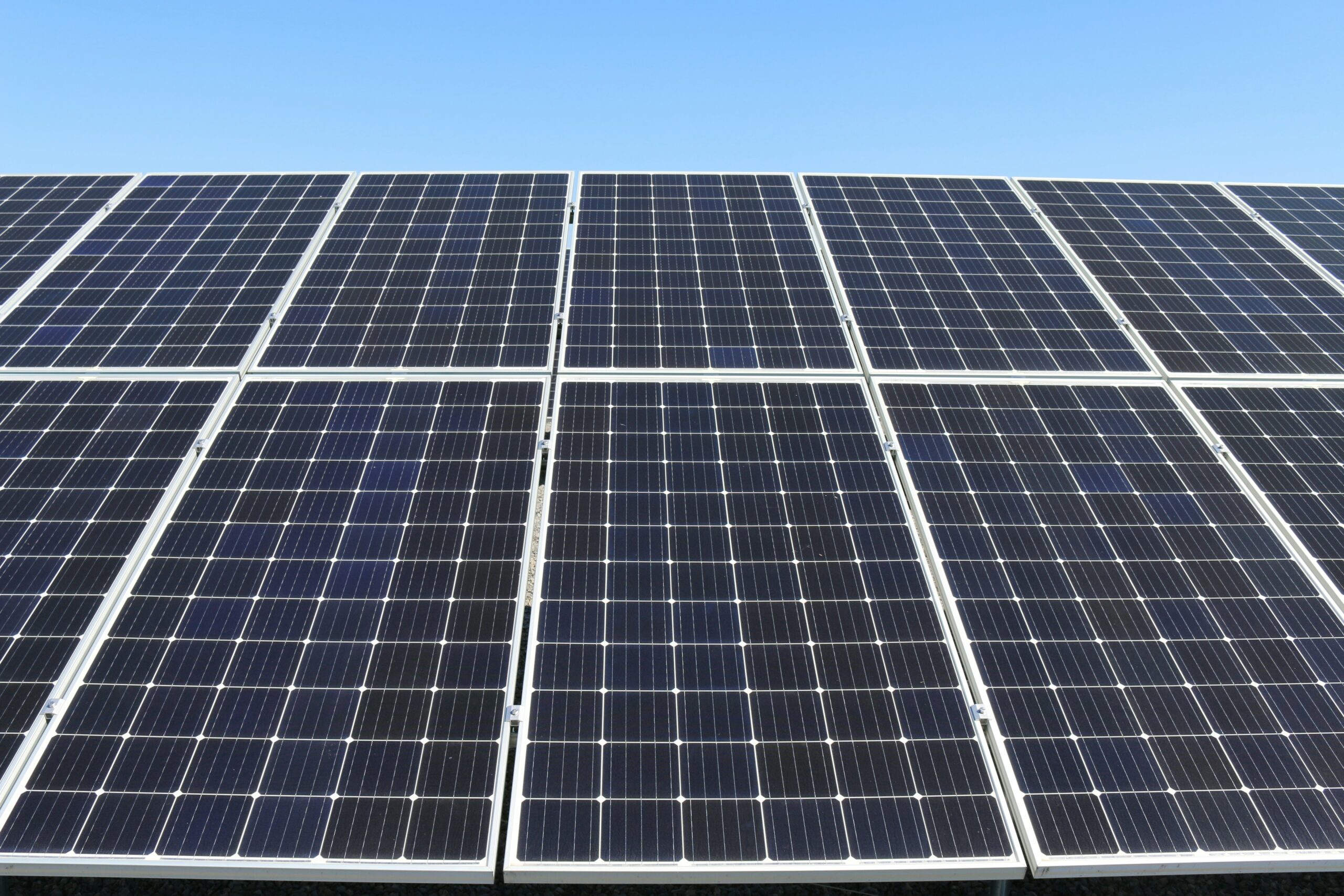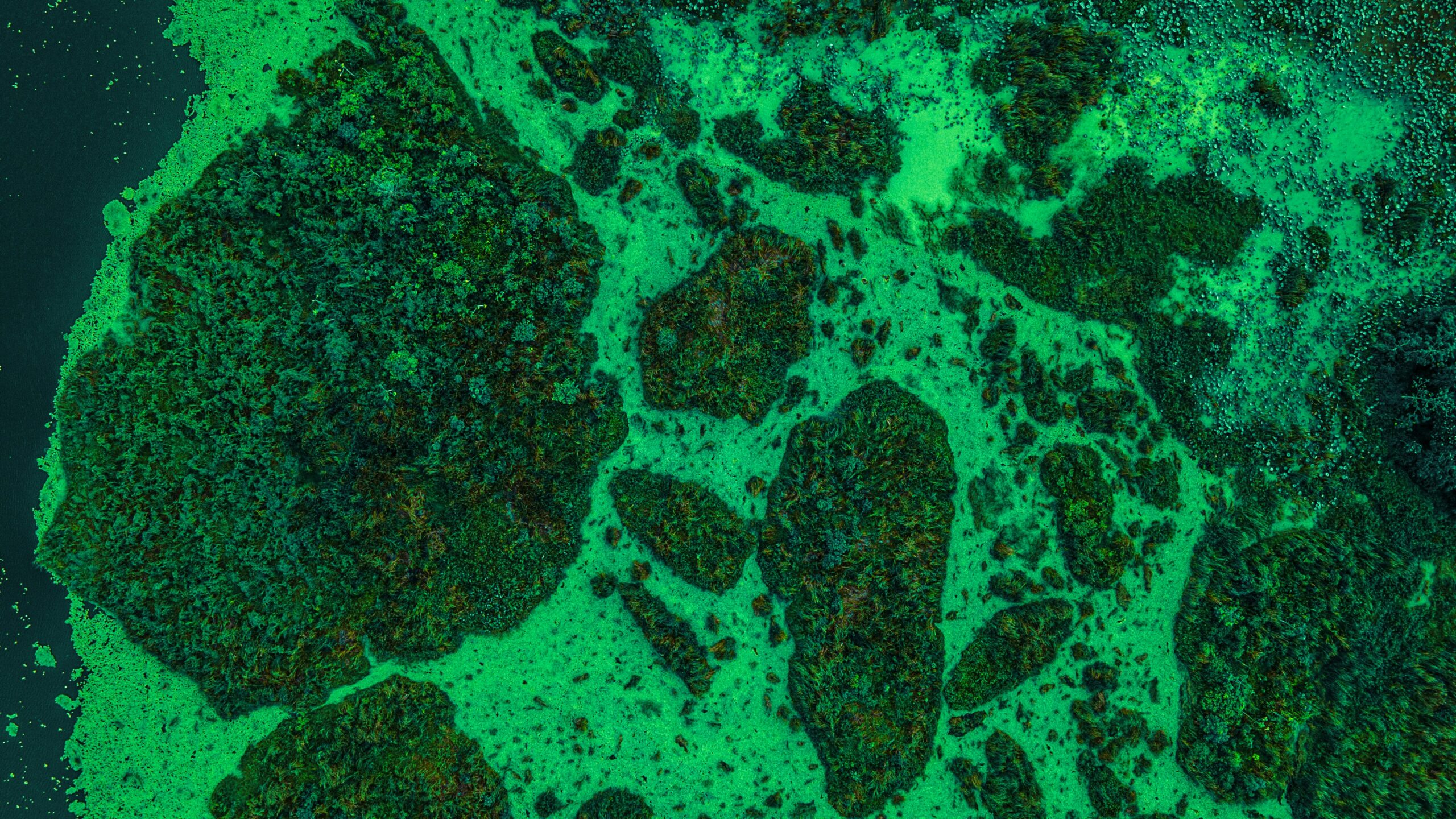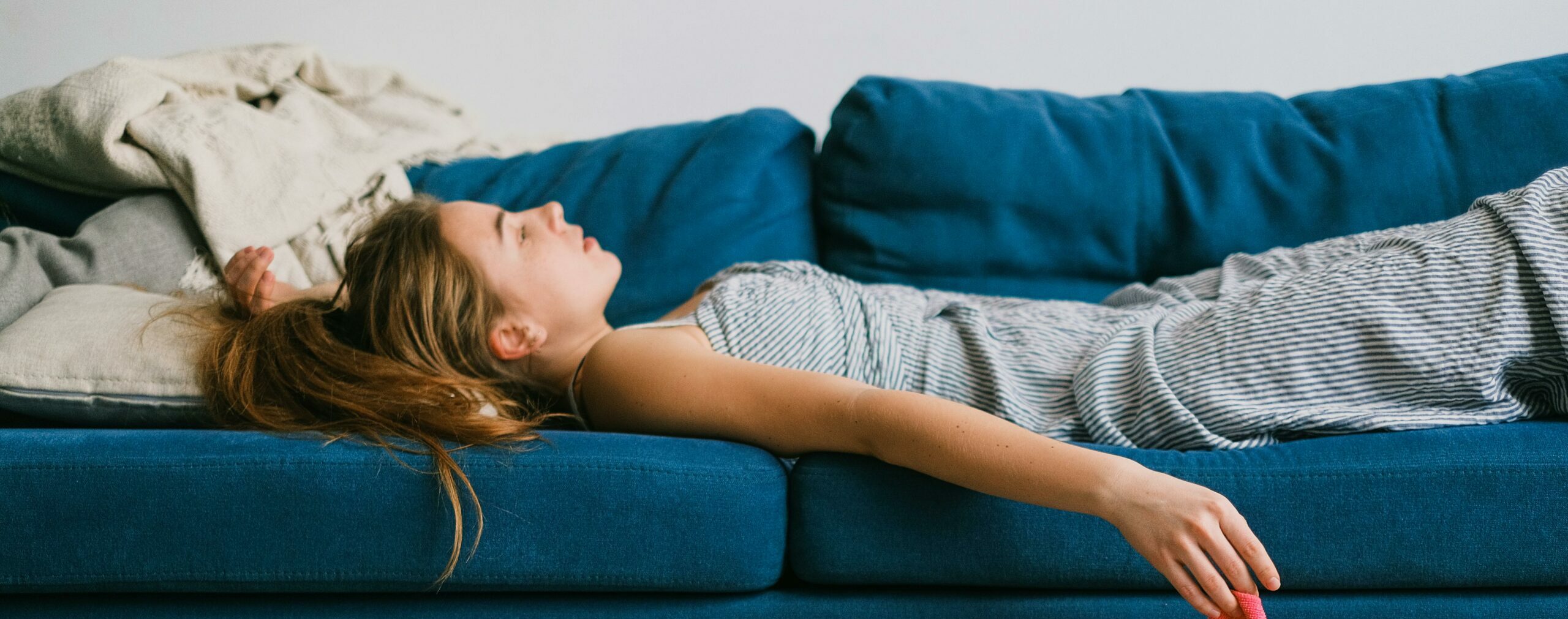When we talk about coffee, we mean the warm beverage we drink on the bench of grandma's parlor while chatting about "the good old days." Or sipping a cold brew coffee or latte macchiato with our buddies in the coffee shop.
Coffee has had a firm place in Europe since the beginning of the 17th century and is one of the most popular beverages. An office culture without coffee? Almost unimaginable!
It is used worldwide as an icebreaker in communication and is often the content of the first question at a meeting. "Can I get you a coffee?"
Sportsmen and health apostles like to drink it in between meals, because it reduces hunger and has neither carbohydrates nor calories. Furthermore, it strengthens the fasting process (autophagy) via the enzyme AMPK.
Coffee also has another face. A dark side. It is considered a brightener. As a booster. Or stimulant. Among experts even as a drug. It has an evil side. It is addictive and interferes with various functions of our metabolism, with the production of neurotransmitters. It directly manipulates our brain and influences our sleep. Mostly negatively.
The EU says that from 400 mg per day caffeine damages our health. An espresso has about 70 - 100 mg of caffeine, a cup of filter coffee quickly double that. So many of us easily reach the 400 mg.
But enough black-and-white thinking. Let's take a closer look.
Why does it need this contribution?
First, coffee and all caffeinated foods and substances are part of the No Go's of my "CLEAN OCTEMBER" Challenge. And of course I want to explain to you why.
Secondly, in addition to its invigorating and even performance-enhancing effect, caffeine also has a non-desirable property. The dependence. And we should talk about that, too.
Contrary to the normal way posts come about on this blog, this is an experience report and reflects more my personal opinion. It is not a summary of the latest studies, as I have done for curcumin, honey, or other topics, for example.
At a later date, I will also review the current state of science and tell you the pros and cons of coffee consumption.
But today it's more about the feeling and my personal opinion.
It's all good, isn't it?
Coffee definitely has many benefits and is therefore a valuable drink.
Apart from being an excellent companion of good tone in meetings, it has an invigorating and concentration-enhancing effect.
Warm drinks have the noteworthy effect of positively influencing the mood and thus also help to loosen up in delicate conversations.
But of course, a tea can do that just as well.
If you search the Internet, you will find many different promises.
Coffee supports the intestinal flora, reduces the risk of cardiovascular disease and even liver cancer. There is also talk of an impact on the risk of brain diseases such as Parkinson's, diabetes, Alzheimer's and depression.
Not to mention the performance-enhancing effect in sports. Undisputedly, coffee and its active ingredient caffeine are a thousand aces.
Therefore, it should not be demonized. Instead, as always, we should think about how to deal with it in a healthy way.
Coffee has a direct effect on our brain due to its caffeine content. Caffeine inhibits the neurotransmitters GABA and adenosine. The neurotransmitter GABA stands for calm in the brain. Caffeine thus clearly has an invigorating property.
Adenosine is a so-called nucleoside, which increases in us during the course of the day and thus provides for sleep pressure. This is also the main reason why we get tired and why a cup of coffee can get us out of a slump, at least for a short time.
As a result of the inhibition of these two substances, dopamine, adrenaline and noradrenaline are released. This in turn has an effect on our heart, central nervous system and other organs. The metabolism and our circulation is stimulated by caffeine consumption. And we get the usual kick.
This is where our first problem lies.
Stimulant or already drug?
Is caffeine a drug?
first of all, the question arises here once, what are drugs?
In German usage, the word drug has very negative connotations.
One immediately thinks here of heroin or cocaine and the like.
In the USA, the translated word "drugs" also refers to prescription medications. This widens the circle.
So you can find under the word drug a variety of drugs and medications that we know, even prescription blood pressure medications.
What must a substance be able to do to be called a drug?
What does Wikipedia say about this?
Wikipedia states that drugs are also colloquially called intoxicating substances. So narcotic.
These are substances that can cause physical as well as mind and perception altering effects.
It further states: "In pharmacological and pharmaceutical parlance, the term refers to dried parts of plants, fungi, animals, or microorganisms that are used for drug production (Medicinal drug)."
Psychoactive substance are also used as stimulants, it continues.
These include:
- Alcohol
- Nicotine
- COFFEE (coffee, tea)
- Cannabis (marijuana, hashish)
- Cocaine (coca leaves)
- Betel
- Kath
Finally, here is a sentence that can be found on Wikipedia:
"Many stimulants, when used in appropriate doses, can lead to a altered state of consciousness and with harmful consequences up to Dependency and death be linked."
Exciting or?
My personal experience and observation in my environment tells me that drinking caffeinated coffee has a high potential to be addictive. The dopamine release alone that a cup of coffee causes, and the associated feeling of reward, can be highly triggering.
Do I have a problem?
Coffee has many positive properties. The problem, however, lies more in our handling of the beverage and the substance caffeine.
For example, the content of polyphenols in coffee, i.e. active plant substances, is generally considered to be beneficial to health. However, polyphenols are also plant protection substances against predators. In other words, they are a poison for us.
But according to the motto: "What does not kill me makes me stronger!" a little poison is actually good for us. The body reacts by increasing its defenses. You can say for the next attack. This is also called the hormesis principle.
We know this very well from weight training. The principle of supercompensation.
You destroy tissue in training and thus build more muscle.
Imagine you have it under control!
Let's stay on the subject of sports right away. Caffeine has a firm place in competitive sports. Many athletes use it for a boost during training. In the right dose, caffeine actually has a very stimulating, activating and performance-enhancing effect.
But if you already drink 4-6 cups of coffee in your everyday life, what do you think the effect of additional caffeine before exercise will be?
High doses of caffeine, as used in dietary supplements (boosters), can be temporarily useful, but they have two disadvantages.
Due to the consumption of coffee in everyday life, they have a weaker effect and often it is that we then can not muster the same training motivation without these supplements. You just get used to it.
Also consider what happens after a workout. If you drink a few coffees during the day and fill up on 300-500 mg of caffeine in the evening, you can easily have trouble sleeping. Remember the effect of adenosine. Caffeine always works against sleep pressure.
What about other beverages and foods?
One important question first:
Is the drink coffee your drug or is the active ingredient caffeine a problem for you?
In my view, energy drinks are generally not very recommendable. They usually have a very high content of caffeine, sugar and other substances. Even vitamins are often added and we do not take this into account in the overall balance of the day. Yes, it can also be too much here.
If you have reduced your caffeine consumption in everyday life and as a professional athlete want to fall back on its performance-enhancing effect before training or competition, then I recommend caffeine chewing gum. These have between 50 and 100 mg of caffeine per piece and are therefore easy to dose. You can now get them in pharmacies, supermarkets and of course online.
But I advise you to use the Clean Octember to make a reset. Give up all caffeinated substances and give your brain the chance to get clean. Notice the difference.
Is decaffeinated an alternative?
Do you just want to wean off caffeine? Then caffeine-free alternatives are of course okay.
Then try to really stick with it and not switch to the "normal version" when the coffee shop says "we don't have that one".
It seems that decaffeinated coffee has some of the same positive effects as those with caffeine. But I will research this scientifically for you in the course of another blog post.
And what about tea?
"Then I'll just drink tea!", I often hear when it comes to reducing caffeinated beverages. What many people don't know is that some teas have no less caffeine than coffee.
This applies to green and white tea, black tea and oolong tea. It is difficult to make a general statement about the amount of caffeine in these teas. It depends on the type of leaf, cultivation and origin. The amount varies thereby and per cup between 30 and 80 mg. The variety is less relevant, since most teas have their origin on the same plant.
Tea and coffee basically have similar amounts of caffeine or teein, so they should be equally invigorating. However, this is not quite true and there are several reasons for this.
- A cup of coffee requires a larger amount of ground beans than a cup of tea requires leaves.
- With tea, the amount of caffeine depends on the time you steep it. The longer the bag or leaves are in the hot water, the stronger the tea will be.
- Various substances, such as antioxidants, in tea cause a slower release of the invigorating substances. Which is why tea stimulates and awakens more slowly and for longer. It is well known that coffee stimulates relatively quickly.
Tea has one big advantage over coffee. Tea contains the amino acid L-theanine. According to studies, this has a relaxing effect and has a positive impact on stress.
It's important to know which teas are caffeine-free (that is, really 0%), otherwise you may get triggered by consuming them and not even know why. Caffeine-free teas include flower teas, rooibos, herbal tea, peppermint tea, fruit tea or chamomile tea.
Please check before consumption whether your tea is really completely free of caffeine, otherwise you will have a rude awakening at night, literally. This is especially true for tea blends.
Which is healthier now? Tea or coffee?
I don't want to answer this question with scientific data, we are in the wrong blog post for that.
I'd rather tell you a story from the ancient kingdom of Sweden.
The Swedish King Gustav III, was very concerned about the effect of coffee on his health. Therefore, he ordered to subject two condemned to death some twins in their dungeon to an experiment until the end of life. One twin was given only coffee to drink, the other only tea. Gustav III hoped to find out which of the two drinks was healthier.
Unfortunately, neither Gustav III nor his two personal physicians lived to see this experiment. He was murdered and his doctors died before the prisoners.
Surely you are interested in who made the race or?
It was handed down that the involuntary tea drinker died before his brother at the very old age of 83.
Remember, this is an anecdote, not a science project.
My conclusion
The much-cited Paracelsus said already in the 16th century:
"All things are Poison, and nothing is without Poison; the dose alone makesthat a thing is not a Poison is.
Or simply put, "It's the quantity that makes the poison!"
Reducing the amount of caffeine we consume is certainly not wrong for many. The CLEAN OCTEMBER stands for a reset and for abstinence from stimulants that already cause you problems through their habitual consumption. But maybe subconsciously. Therefore, it is important to reflect and think about whether you have let the reins too loose with some stimulants.
Maybe it's coffee, or cigarettes, or sugar in the food.
Don't try to change the entire world in one day. It takes 60-80 days to form a habit and sometimes much longer to break a bad habit. Take your time and don't try to do too much at once.
If you create a new healthy habit or get rid of an old bad one, you've already WON.
Good luck in the CLEAN OCTEMBER!
Your Performance Optimizer
Richard Staudner
PS: You want to gently boost your mind during this time?
Raise focus and concentration when you're missing your beloved coffee?
Exactly for this purpose I have created Btonic Performance developed the product "100% Management". Ingredients like Siberian Ginseng, Schisandra, Ashwagandha, Ginkgo and Rhodiola Rosea support your mental performance during cognitive work. These extracts are supported by important co-factors such as B vitamins, magnesium and zinc.
With the code "richard20" you get on the website www.btonic-performance.at 20% on your entire order.











